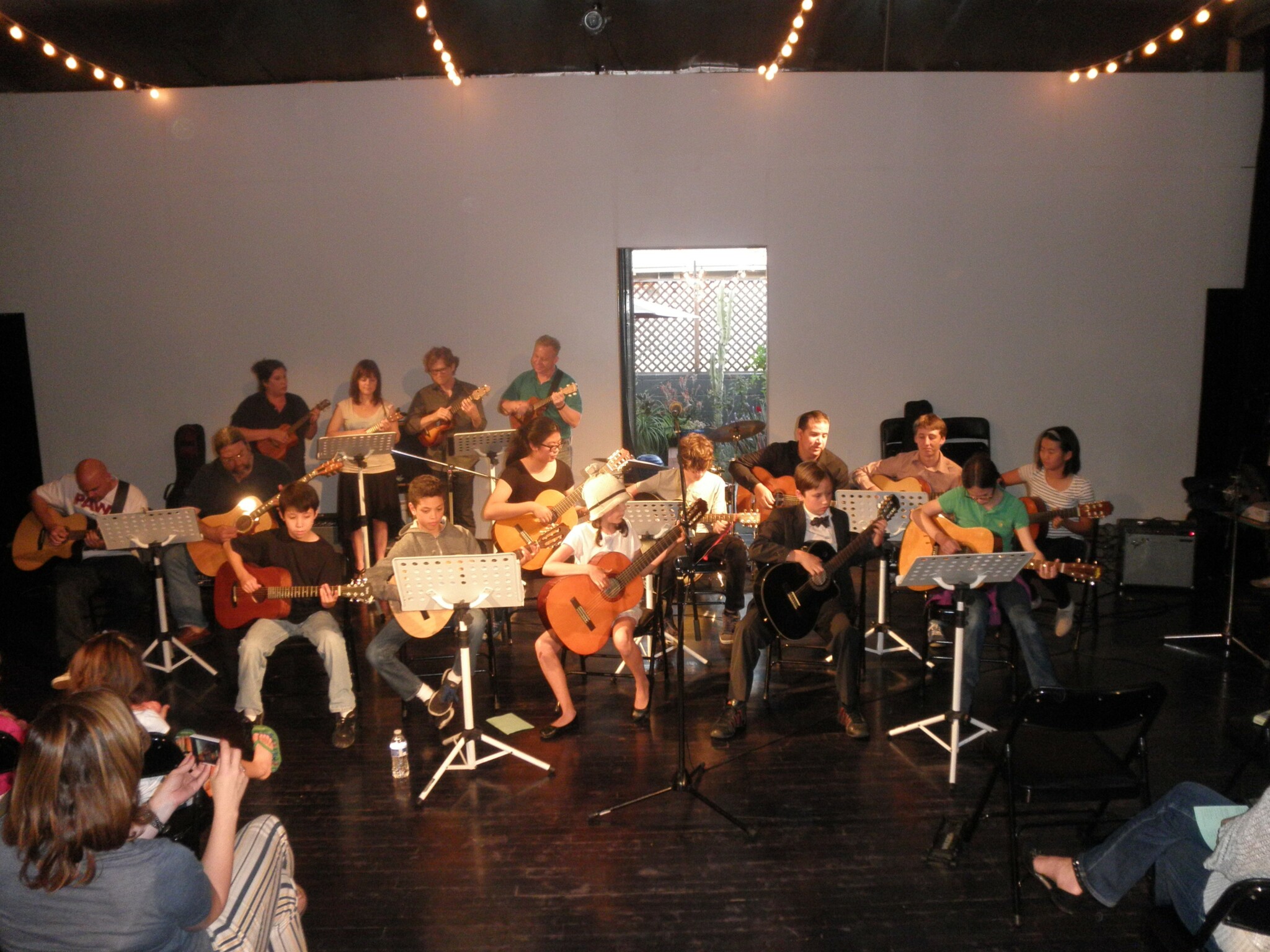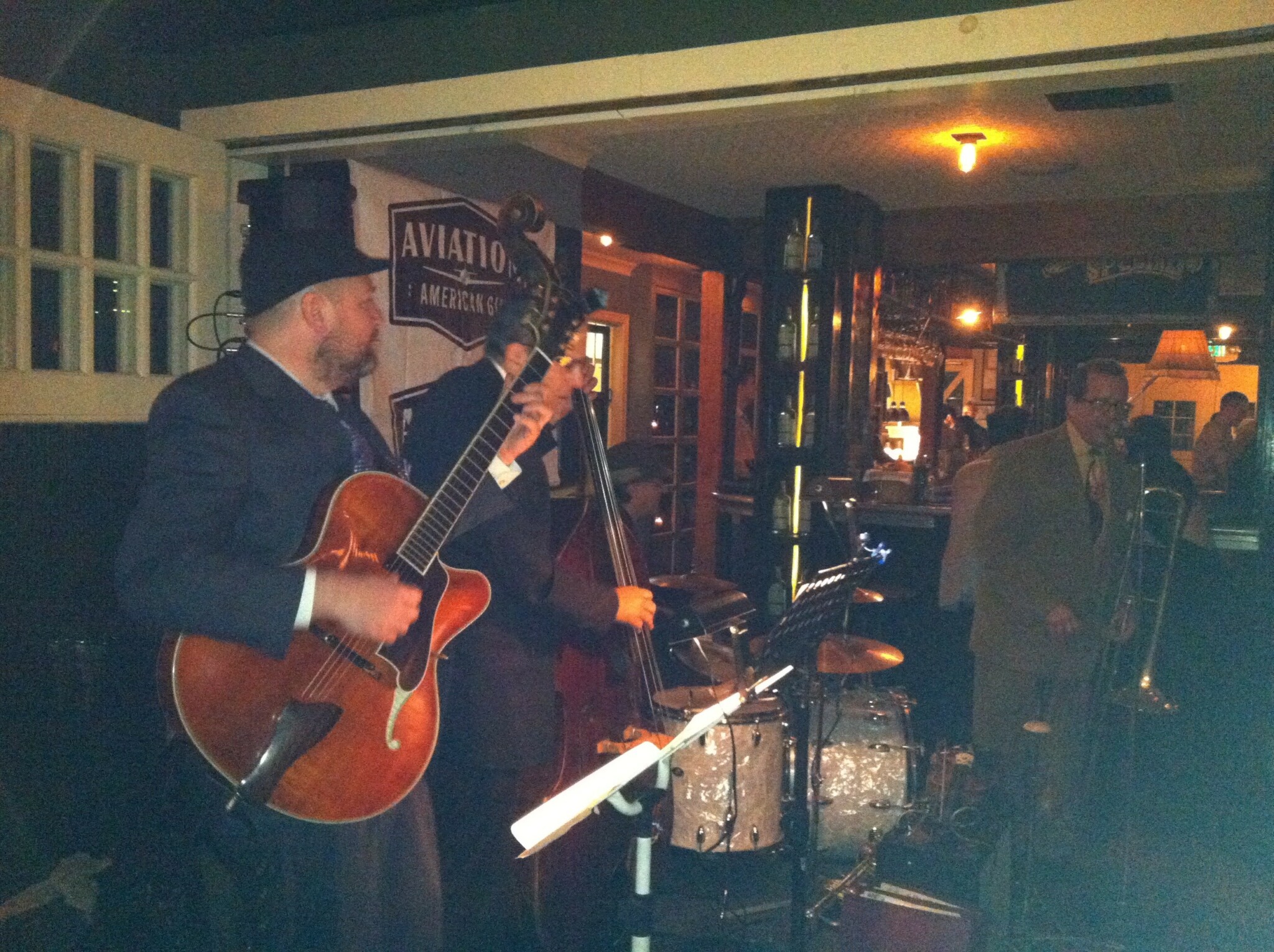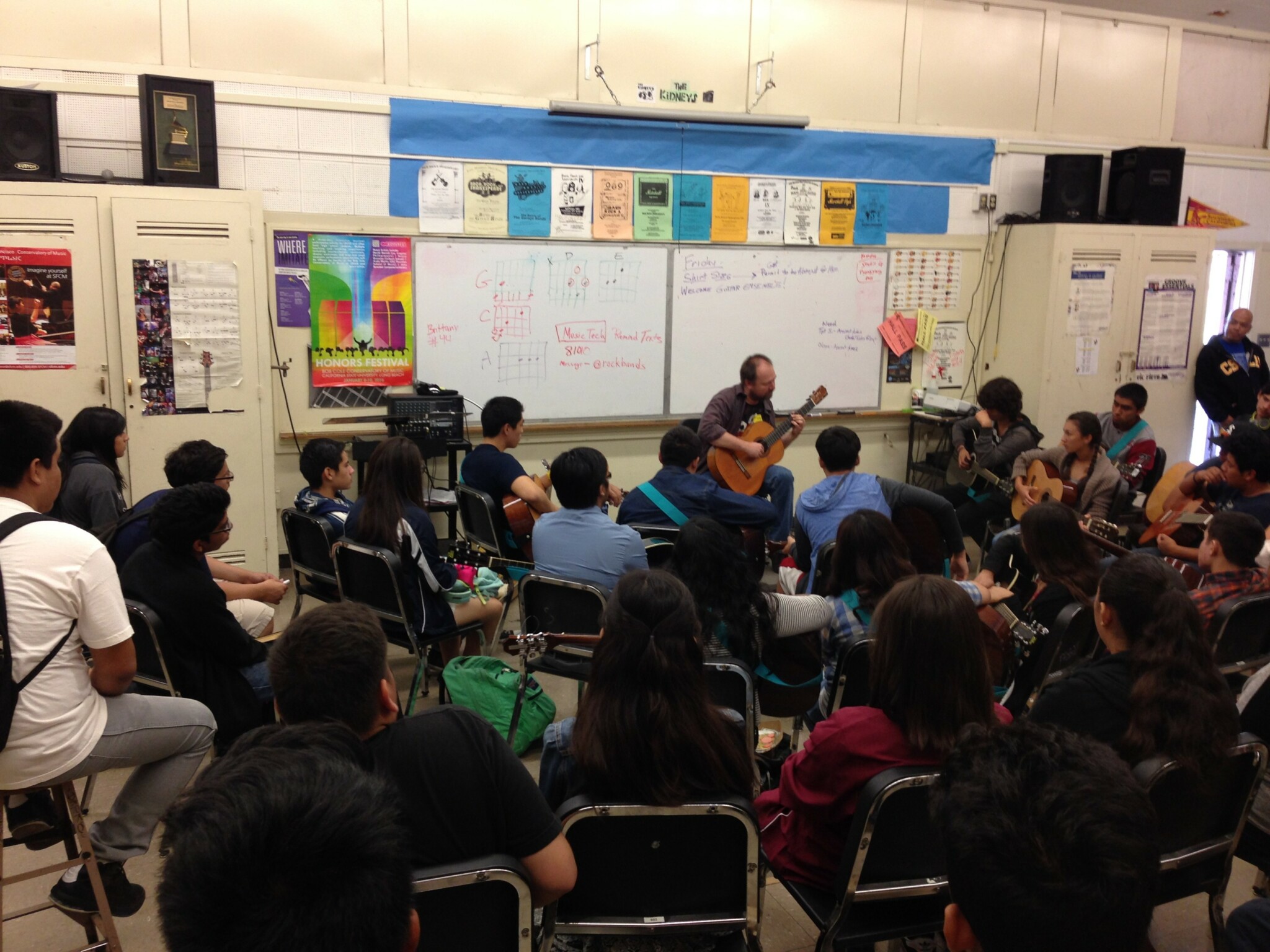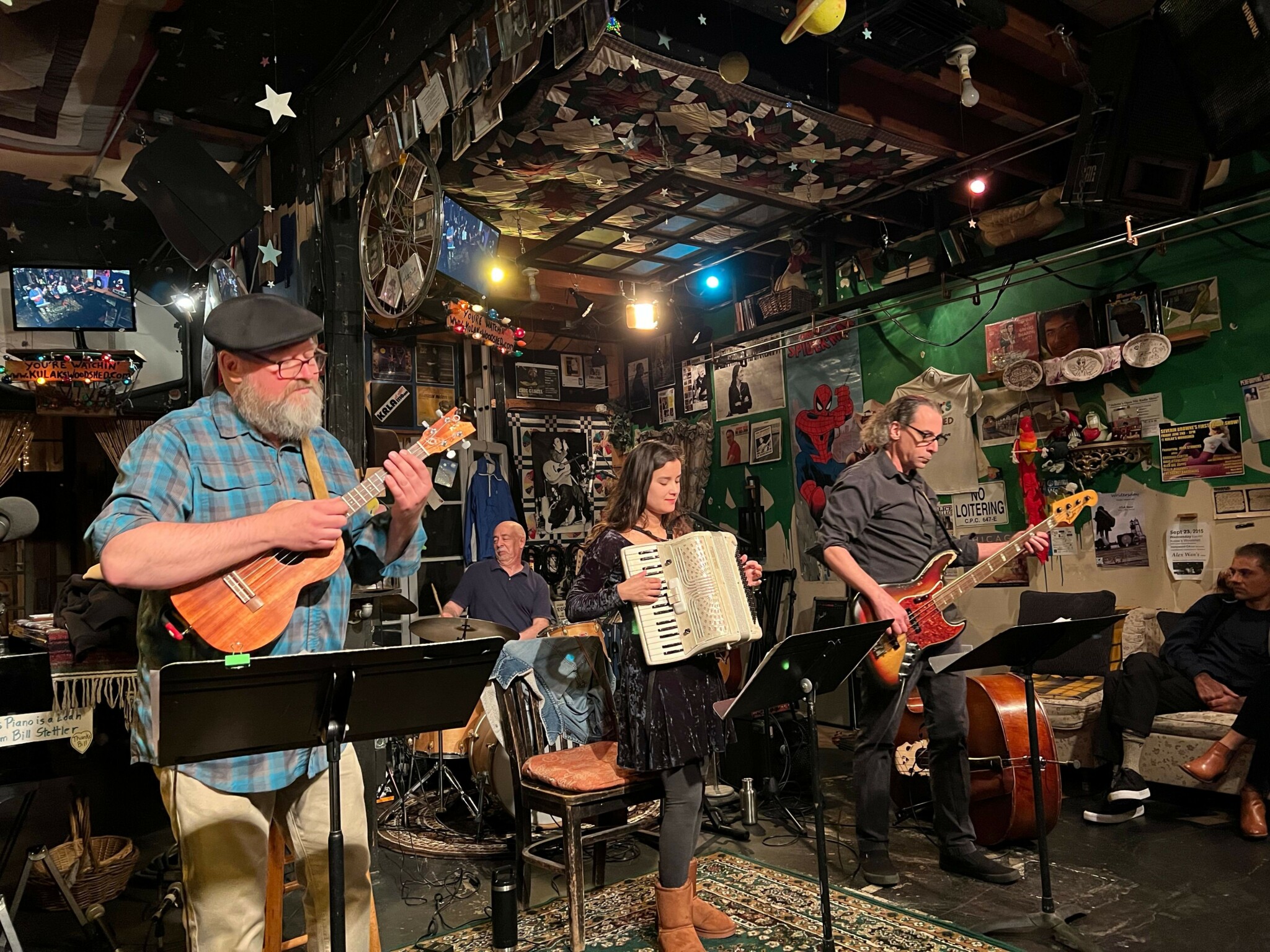We recently connected with Jason Myers and have shared our conversation below.
Jason, looking forward to hearing all of your stories today. Did you always know you wanted to pursue a creative or artistic career? When did you first know?
I was fortunate in that I knew I wanted to be a musician from early childhood. I have no memory of anything else. While I certainly had other interests that could have led to a different career path, music remained the primary focus.

Awesome – so before we get into the rest of our questions, can you briefly introduce yourself to our readers.
My primary instruments are guitar and ukulele, and I run a small business teaching lessons on those instruments. I’m also actively performing both as a soloist and in ensembles in public venues and at private events. I am well versed in several styles and idioms, including (but not limited to) jazz, classical, all manners of popular music, etc. I also play bass, four string banjo, cuatro, charango, and lap steel guitar.
Teaching is a specialty, and I have a number of students who have gone on to professional careers and performing arts colleges. I’ve successfully prepared people for auditions, and helped performing artists in other idioms learn to play an instrument.
How can we best help foster a strong, supportive environment for artists and creatives?
Ultimately, engagement in the performing arts either as a spectator or as a participant has value beyond the medium or the experience of the listener/observer. When you hear and maybe see an ensemble of musicians, you’re not just experiencing an example of what the hard work and committment of the artists can make possible, you’re experiencing an excellent example of collectivism. We have a culture that’s very focused on the individual (my rights, my desires, my opinions, etc.) but we have a lot less focus on collectivism. While one might attribute that to anything from being statistically more sociologically, ethnically, and ideologically diverse, I see those things as strengths and opportunities rather than impediments. Experiencing the arts puts you in touch with something bigger than the individual. Play an instrument. Write a poem. Draw a picture. Even if it’s terrible and you don’t like the results, you made something. You had an experience that opens you up to another world. It’s not important if it’s very good or not. What’s important is that you come out of it a little more experienced and open minded.

What’s the most rewarding aspect of being a creative in your experience?
Well, for me there’s two parts to this. Creatively and artistically, the constant practice and involvement in playing and composing is really the reward in itself. Whether I improvise or interpret music as part of a performance, or write a few bars of an original composition, the sheer activity is satisfying. Sometimes there’s a result that’s not just momentary like when it’s a recording or a written piece of music.
The other part of this is about teaching. When I can successfully communicate with a student how to do something, or turn them on to something conceptual about music, it’s an experience that I find personally rewarding. I guess I like to help people in the manner that I’m best able to. I’ve been teaching guitar lessons since I was 16, and I’ve figured out that one’s skill at their medium is only a part of the picture. You have to be both a skilled communicator capable of presenting information and ideas in various ways, and you have to be a keen listener and observer to enable you to properly connect with a student so they can fully understand and comprehend things. Being a skilled musician is a big part, but without listening and communication skills you can’t be an effective instructor.
Contact Info:
- Website: https://myersmaniamusic.com
- Facebook: Jason Myers Music Lessons
- Youtube: RufusTF
- Yelp: Jason Myers Music Lessons



